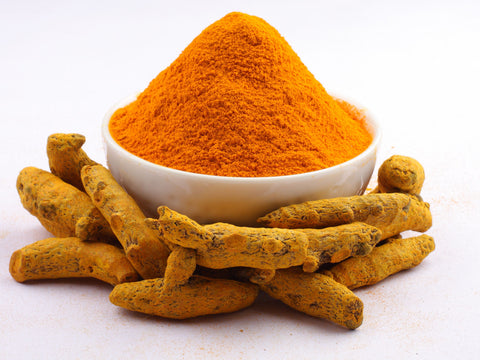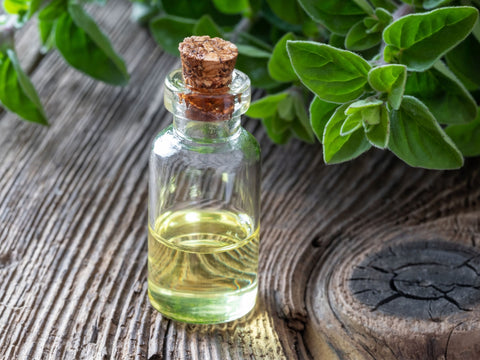Turmeric is a vibrant yellow spice that is widely known for its various health benefits. Derived from the Curcuma longa plant, turmeric has been used in traditional medicine for centuries in countries such as India and China. Recently, numerous scientific studies have highlighted the potential advantages of turmeric, making it a fascinating subject to explore.
One of the most compelling benefits of turmeric is its potent anti-inflammatory properties. Inflammation is the body’s natural response to injury or infection, but when it becomes chronic, it can lead to various diseases such as arthritis, heart disease, and even certain types of cancer. Turmeric contains a compound called curcumin, which has been shown to inhibit the molecules involved in the inflammatory process. By incorporating turmeric into their diets, individuals may be able to manage chronic inflammation and potentially reduce the risk of developing such conditions.
Additionally, turmeric has been found to have antioxidant effects. Oxidative stress occurs when there is an imbalance between the production of free radicals and the body's ability to counteract their harmful effects. These free radicals can damage cells and contribute to the development of diseases like Alzheimer's and cancer. The antioxidants in turmeric, particularly curcumin, play a crucial role in neutralizing these free radicals and protecting cells from oxidative damage. Therefore, consuming turmeric regularly may help to maintain overall wellness and prevent age-related decline.
Turmeric has also been associated with improved brain health and cognitive function. Studies have shown that curcumin can cross the blood-brain barrier and accumulate in areas of the brain responsible for memory and learning. It has been suggested that curcumin may enhance brain-derived neurotrophic factor (BDNF), a protein crucial for brain cell growth and survival. By increasing BDNF levels, turmeric consumption might potentially boost cognitive performance, reduce the risk of neurodegenerative diseases, and improve mood and overall mental health.
Another noteworthy benefit of turmeric is its potential anti-cancer properties. While more research is needed to fully understand its mechanisms of action, studies have found that curcumin can inhibit the growth and spread of cancer cells in test tubes and animal models. It has also shown promise in enhancing the effectiveness of certain chemotherapy drugs and reducing drug resistance. Although it is not a substitute for conventional/alternative cancer treatments, turmeric may be a valuable addition to a comprehensive approach to cancer prevention and treatment.
Turmeric is a powerful spice that offers various health benefits. From its anti-inflammatory and antioxidant effects to its potential for improving brain health and fighting against cancer, turmeric has shown immense potential in numerous areas. By incorporating turmeric into your diet or exploring its uses in traditional medicine, we can harness the remarkable benefits this vibrant spice has to offer.
Side Note: It's best to use Turmeric in conjunction with Black Ground Pepper as the pepper activates many of it's important healing components.
Article By: Heather Campa, Wyoming Wildflower
Herbal Roots is the top option for herbal supplements. They do not use any binders, fillers, preservatives, sugars, or additives in their products. All supplements are packaged in amber glass jars to minimize waste and increase their lifespan. They offer 100% Organic Turmeric supplements with Black Pepper (to activate the benefits) and Ginger for a powerhouse packed supplement. Use the code "Wildflower 10" to get a 10% discount at checkout. Shop Now




